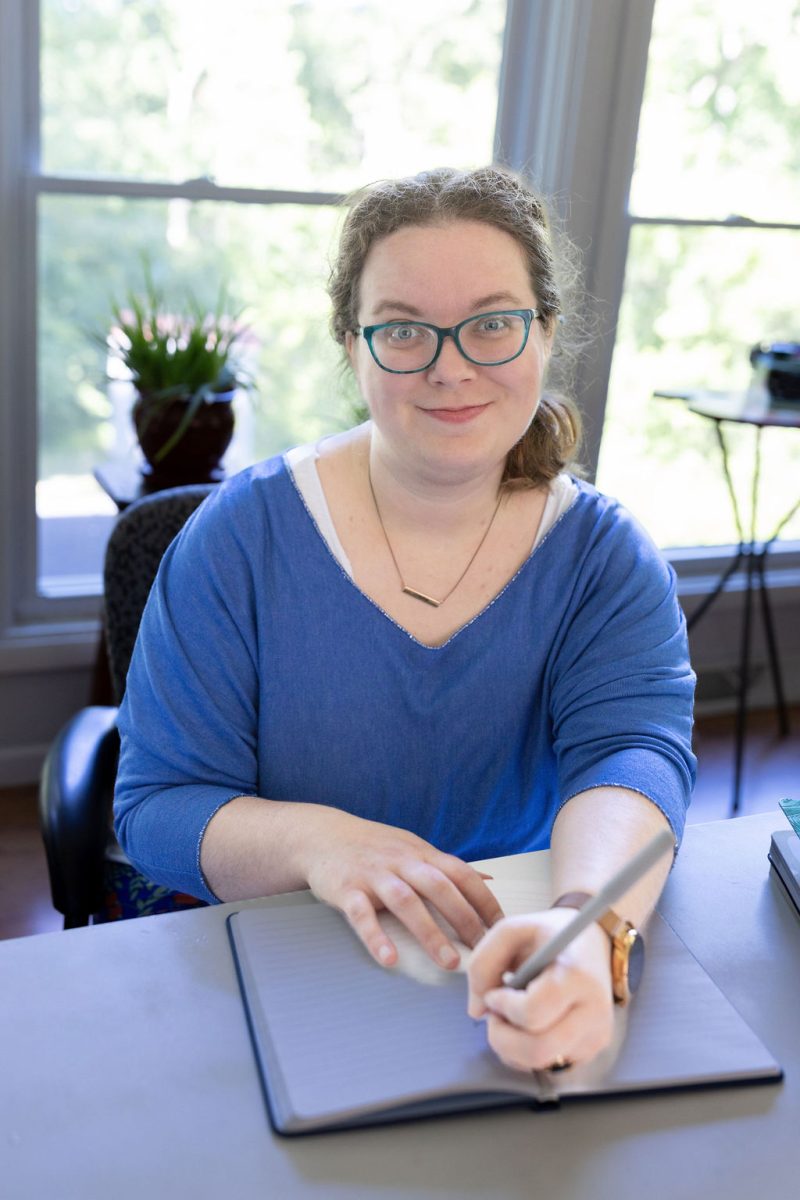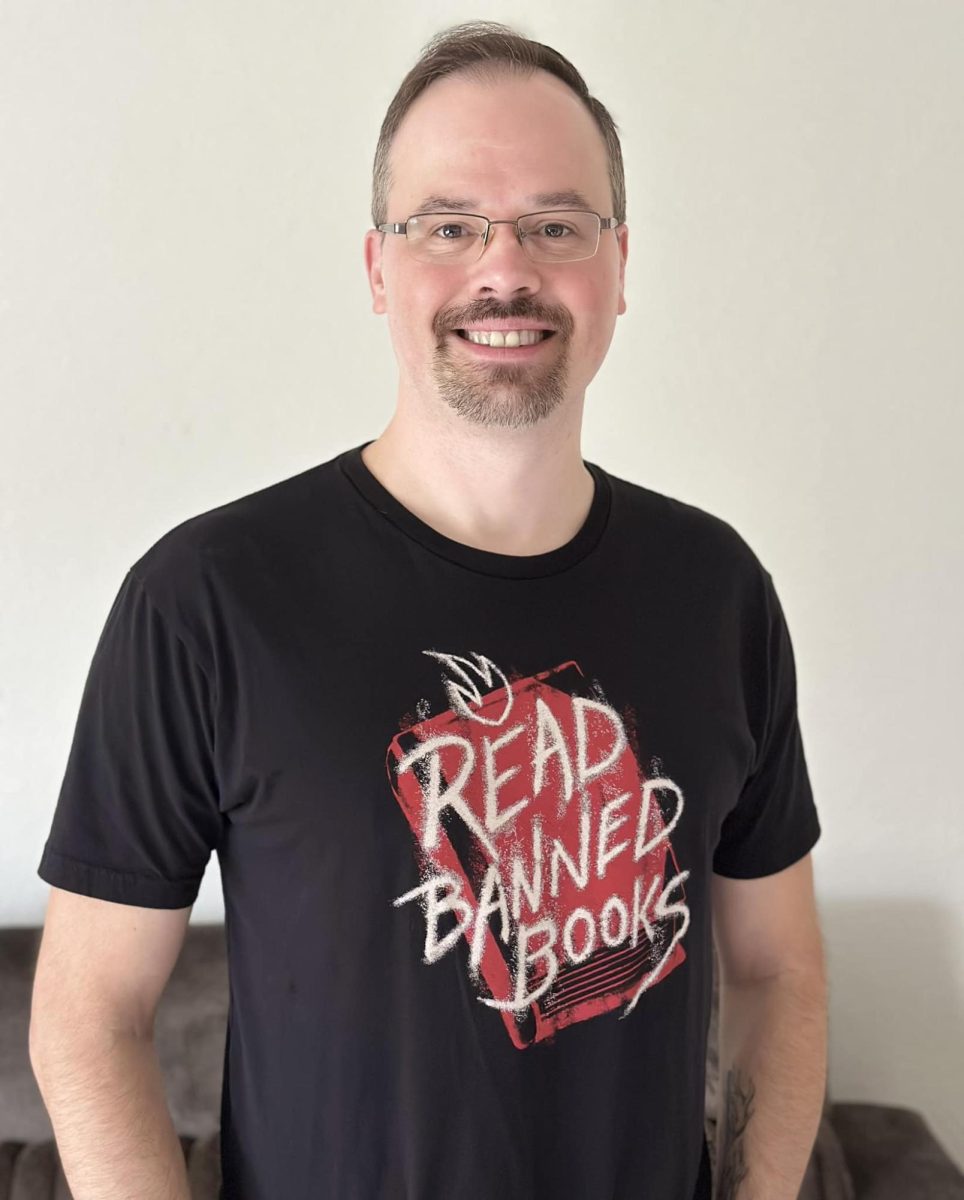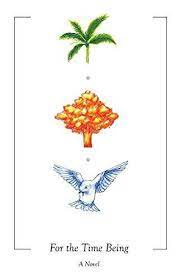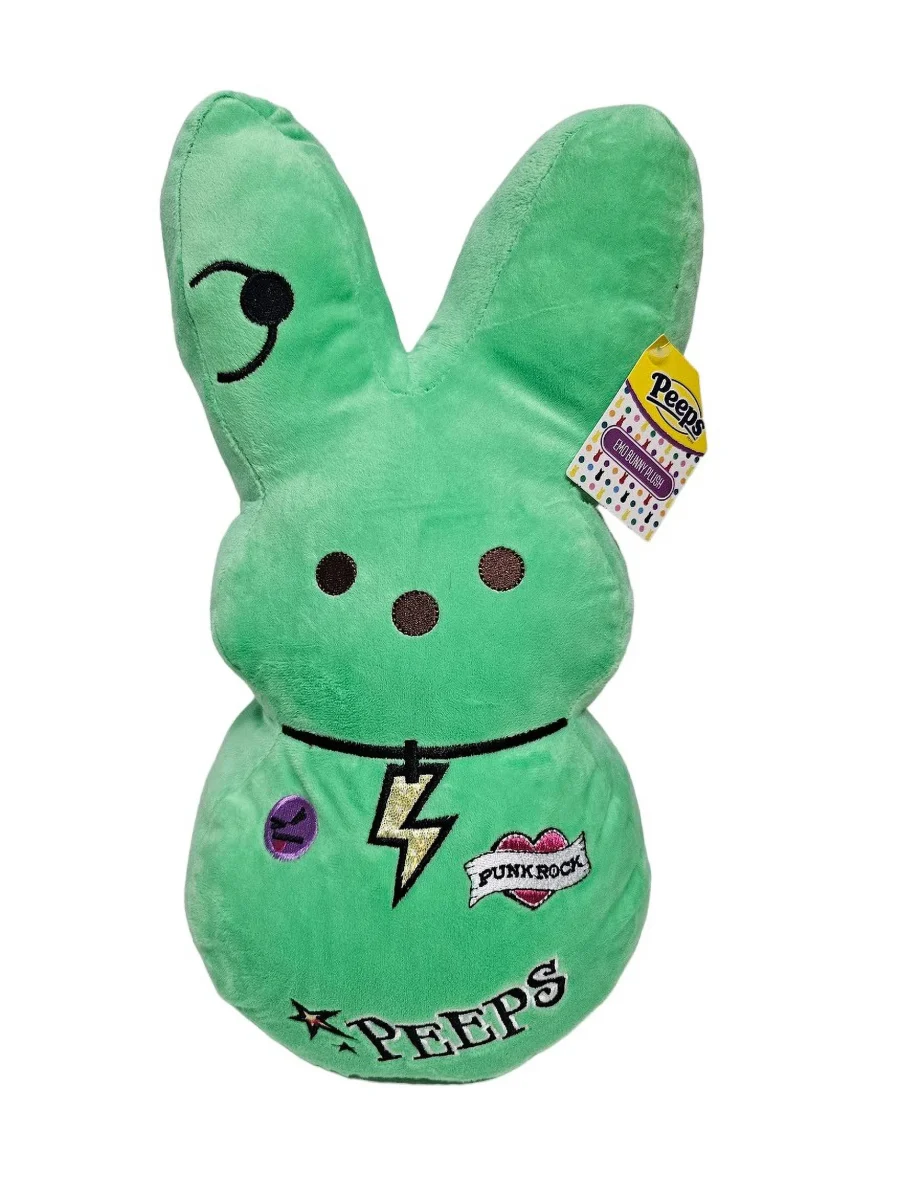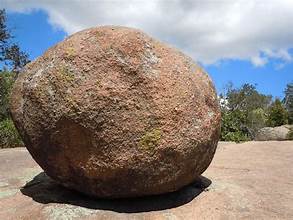The Marvelous Sheila Roberts
by Stephen Roger Powers
Sheila Roberts (the writer from South Africa, not the romance novelist) was my doctoral advisor. She did her best to keep me on task, and, the Friday afternoon I was supposed to start writing my preliminary exams, she commanded me not to do a poetry reading that evening. About this she was vehement and blunt. She raised her finger at me, looked at me over her gold-framed glasses, hardened her usually fragile voice, and said I was asking for trouble if I didn’t devote the whole weekend—“the whole weekend,” she emphasized—to my prelims. The reading was a monthly student and faculty reading series put on by the graduate program at the University of Wisconsin Milwaukee, and that particular Friday was my turn to read at a Bavarian beer hall on North Avenue with two other graduate students and a professor. I was not going to pass up the chance to show off some new Dolly Parton poems, so I printed out a few, organized them in the order I wanted to read them, and arrived at the bar early enough to order a gin and tonic. Sheila’s glare from the already tipsy audience when I got up in front of everybody with my pages was just as hard as her voice had been earlier, but halfway through my first poem she softened it. By the end she was laughing heartily, which was rare for Sheila because her laughs usually were a smile and a solitary chuckle. “You were marvelous,” she said on our way out into the spring chill twinkling in the Milwaukee night.
I finished writing my prelims that Saturday and Sunday and passed the oral part after my committee waded through what I wrote (“Marvelous,” Sheila said), and before long my dissertation was flopping along like a flat tire. Though her emails back to me tended to say only “Marvelous” whenever I sent her poems I was working on for it, Sheila gave me similar advice to focus on just my dissertation and nothing else. “You’d have more time to write,” she suggested, “if you weren’t doing stand-up comedy so many weekends.” I ignored that suggestion too because stand-up was extra money and I was funny and getting pretty good at making crowds laugh. The whole thing was a ball, and I was enchanted by the spotlight and the road. Sheila didn’t know what she was talking about, I reasoned, and besides, I told myself, I did fine on my prelims regardless of her instruction to skip the poetry reading. Stand-up was too much fun. Years later, when a close friend from the graduate program confided in me at the AWP conference that the fact I was hard of hearing was why I wasn’t invited to many graduate students’ wine and cheese tastings or beer-keg blowouts, I responded, “If they only knew what fun I was having without them!”
Sheila’s advice didn’t stop at academics. At the time, I was wearing Hawaiian shirts every day because they were part of my comedy persona and stage outfits (and I was a big Weird Al fan). A self-deprecating punchline early in my set went something like My shirt is so loud even I can hear it! I enjoyed perpetuating the stage persona in the daytime, so I wore Hawaiian shirts to the composition and creative writing classes I was teaching and to department events. Lord knows what my students, workshop mates, and professors thought, but to me the Hawaiian shirts felt inherently performative and, paradoxically, authentic, and it wasn’t until Sheila made a comment about them that I stopped to think about just what message the colorful and flowery shirts might have been sending.
Sheila’s comment wasn’t that I shouldn’t wear Hawaiian shirts but that I should wear dark suits instead. “You’re tall and thin,” she said, “so you’d look marvelous in a dark suit. Tall and thin, that long hair, and, oh, a dark suit! Perfect!” We were at the department’s spring party at the chair’s house. Most parties I showed up for, come to think of it, were the ones announced to everyone. Sheila poured me a scotch and soda. “Marvelously refreshing,” she said. Every time I have a scotch and soda now I think about Sheila dancing. Because after she offered me that scotch and soda, she went out to the backyard and danced. By herself. Many of us watched—and marveled—at her through the window. Her own glass of scotch and soda was in one hand. The other hand was above her head, waving back and forth. Her black high-heeled suede pumps tap tap tapping led her swinging hips around and around and around the patio. Music had to have been playing; otherwise, Sheila was dancing to music only she heard.
While I was watching her, I asked myself if Sheila meant I didn’t look good in Hawaiian shirts. Nevertheless, I shrugged it off. Dark suits? Ha.
Of course the stand-up life slowed down finishing my dissertation, and I didn’t start wearing dark suits either, but Sheila kept on responding “Marvelous” about the poem batches I emailed her semester after semester. Once in a while she wrote, “This is strange,” a humorous and welcome break in the pattern of marvelous. It took three and a half years, but the dissertation finished itself, I graduated, and, as the result of a serendipitous gift of fate and meeting Jessie Lendennie in New York City, I published a much rewritten and shortened version of the dissertation with Salmon Poetry in Ireland. Sheila passed away not long before it was published, so she never saw it, but The Follower’s Tale still makes me recollect Sheila’s “Marvelous!” whenever I look at it.
Sheila’s gifts didn’t stop there. One thing I and many others admired about Sheila was she didn’t have much patience for pretension or for writers who communicated that they were better somehow than anybody else, nor did she much respect petty department politics or keeping colleagues’ closed-door pettiness confidential. I can recall a few midnight emails from Sheila that spilled the beans about anything affecting us graduate students that she thought we should know about. The subject line of those emails was often “Brick through the window.”
Sheila was born in Johannesburg, South Africa, in either 1937 or 1942, depending on which source is to be believed. Her first novel, He’s My Brother, was banned by government censors there. Described by Publishers Weekly as a novel that reflects “the tensions and overlapping ambiguities” of South Africa and “captures with low-key realism the portents of doom and air of inevitability that weigh on young whites in South Africa today,” He’s My Brother is about a teacher who has affairs with two men, one of whom is imprisoned while the other is killed by his brother. The apartheid government’s ban of the novel forced Sheila to seek exile in the United States in 1977.
Her work is a condemnation of apartheid and an examination of gender, class, and discrimination, and, unfortunately, it seems to be underrated and overlooked by the literary world these days, though Sheila was quite well known in South Africa. Her son, Kelly, says in her 2009 Milwaukee Journal Sentinel obituary that Sheila “came to see the male-dominated culture ‘through a deeply personal, feminist lens.’”
Often powerful, but often funny and touching too, her writing translated well to public readings, where her audiences sat spellbound by her fragile, soft voice that easily rose into a strong crescendo when she needed it to. Sheila’s best performances where of her dialogue; her voice, so soft and fragile-sounding in workshops, was suddenly that of a seasoned actor projecting to the back of the theater, swinging through her characters’ emotions, dialects, and colloquialisms with ease.
I know I have mentioned Sheila’s voice a few times, but it’s impossible not to. My first impression of Sheila in 1998, after she entered my fiction workshop wearing all black, teetered on her trademark black suede high-heeled pumps to her seat, and looked at us above her gold framed glasses, which I remember at the time being bejeweled, was dominated by her voice. I am hard of hearing, so quiet voices of soft-spoken women can be hard for me to understand, and accents can be difficult to lipread, so I leaned forward, struggling to interpret what Sheila was saying, worrying about how the rest of the semester would go if I was already having so much trouble. Sheila was at the head of the table; I was near the foot. Gradually I found myself lulled and reassured by her South African accent, and it no longer seemed relevant to try understanding her. I eventually got used to how she spoke anyway, and I came to be able to understand her just fine, but that first night of workshop I resigned myself to listening solely to how her voice sounded rather than to what she was communicating. A few years ago, another graduate student shared with me that someone named Grant was in her workshop with Sheila. To this day she still hears the name Grant in Sheila’s accent: Graaahnt.
At the height of Covid, I tracked down Sheila’s books because I only had the one I bought in graduate school, her last novel, 2001’s Purple Yams, which was shortlisted for the Sanlam Literary Award. Purple Yams is phenomenal story about an art historian who moves to Japan to teach English and faces numerous cultural obstacles and language barriers (ironically, the protagonist rejects people’s advice). I was surprised how hard Sheila’s books were to locate in good condition in the United States. I did find, after a persistent and thorough search, most of them for sale on a South African indie bookshop’s website. FedEx tracking said they traveled from Johannesburg to Dubai to Mumbai to Somma Lombardo to Memphis to Atlanta to Macon to my house in Thomaston (all in three days!), and that made me think maybe my writing should work harder at pissing off enough people in the United States to send me packing for a friendly foreign country. Revisiting Sheila Roberts’ work almost 15 years after her death made me want to flee to exile too, strange as it sounds.
When the books arrived, I marveled at her author photos. The books were published in 1975, 1977, and the 1980s, but after long flights from South Africa there was Sheila looking back at me exactly as I remembered her from 1998-2006, her smile slightly upturned at one end, sly and mischievous. It had always been easy to sense also under Sheila’s generosity of spirit that she’d had a hard life, but what the author photos revealed was that Sheila was timeless too. She looked exactly the same in the 1970s as she did the last time I saw her off campus shortly before I defended my dissertation.
That day, at lunch time, I walked past a cozy, exquisite Sicilian restaurant down the street from my office at UWM. Sheila was there, by herself, sitting near the front windows. It had been a bad day for me, and it had also been a bad day for Sheila. I don’t remember why exactly it was a bad day for me, but I remember Sheila was going through a rough time then. A relationship. The men she dated tended to be difficult, explosive even. Given how fierce and resolute she could be, her choices in men were baffling. For a short time, she had a rickety romance with an artist who painted her nude, and one night he was already floor-falling drunk, so—I kid you not—he hauled in a couple of his cubism-inspired nude Sheila paintings when many of us were at her condo for a visiting writer’s reception. To say Sheila was angry and the rest of us mortified would be an understatement. I think she broke up with him over that.
So, anyway, Sheila waved me in to the Sicilian restaurant and invited me to sit with her, and we had glass after glass of wine, and we talked. In that beautiful voice, she told me some things about growing up in South Africa. She taught me some phrases in Afrikaans that I have since forgotten. Dirty ones, probably. I remember thinking that I wished more people knew just how smart and worldly Sheila was. The conversation turned to the workshop she was about to be late for. She said that when she drove to campus those days, when the department was especially fractious, and saw Curtin Hall grow near, tall and Soviet-like and imposing in its concrete construction, nausea rose through her stomach like snakes. But, she said, a little slurred by now, she had been part of Sam Raimi’s committee when she taught in Michigan before coming to Milwaukee, and her name was in the credits for The Evil Dead. She seemed satisfied about that.
It might have been a good moment to add to the conversation my first impression of her six years earlier and remind her that she heaped praise and a “Marvelous!” on “Snake Wine,” a short story I wrote back then that eventually found its way to publication in Eureka Literary Magazine. I could have told her I learned from her workshops that writers need thick skin, the most valuable lesson of all. Some classmates hated “Snake Wine,” and they made their contempt very clear. One guy said I knew nothing about boats. A woman said over and over I knew nothing about grief. Superficial, she argued loudly, her fist slamming the pages on the table. In another workshop, I might have reminded her, Sheila herself criticized my story, “Rhinestone Horses,” for being too sentimental because the protagonist obsesses over toy horses she had when she was a kid, and Sheila said that kind of sentimentality was ridiculous, banal, and unbelievable (someone else in that workshop said I didn’t know anything about horses).
But Sheila was running late and didn’t have time for more talk, and I was left to assume maybe exile from South Africa had something to do with her aversion to sentimentality. She paid the bill, got up, and tottered back in the direction of Curtin Hall in those high-heeled pumps on an icy sidewalk while I headed the other way to the bus stop, then my defense a few days later (“Marvelous!”), then graduation, then a lifetime—so far, anyway—of teaching and writing.
